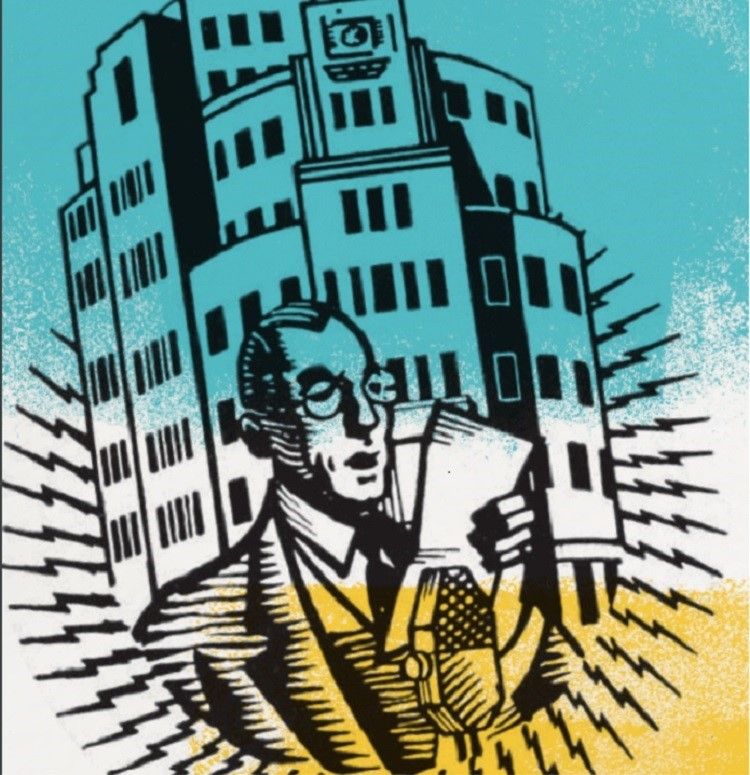By Marine Saint, Deputy Editor and Features Columnist
Today marks the centenary of the BBC, and University of Bristol Professor Simon Potter is starting off local celebrations with a public lecture. The talk, entitled ‘BBC at 100 – the end of an era?’, will cover the diverse history of the landmark broadcasting institution, its major turning points, challenges, and place in the future media landscape.
The event is taking place in the Wills Memorial Building on Queens Road and will start this evening at 6pm. Free event tickets are available to order here.
Professor Potter recently published his book on the Corporation, ‘This is The BBC – Entertaining the Nation, Speaking for Britain? 1922-2022’ which equally coincides with the centenary events.
Bristol became one of the BBC’s centres for production during the Blitz when more staff moved to the base in Whiteladies Road, built in 1934. It has become the national hub of natural history programmes for the BBC and has gained world renown.
Given the rich history of the BBC, Professor Potter was asked by Epigram how it will be able to compete with other streaming platforms and news providers in the future. Professor Potter noted the huge challenge facing the BBC, with the competition of programmes on demand and the need to remain relevant and important to audiences.
As Professor Potter explained, ‘The BBC can fill holes in the media landscape abandoned by everyone else. Within a declining newspaper industry, the BBC is one of the few institutions left which can be both investigative and political.’
Ahead of his more in-depth discussion during the talk, Professor Potter detailed some of the prominent difficulties facing the Corporation. According to Professor Potter, the disengagement of audiences, ingrained attitudes and inequalities with the BBC are still causing obstacles, as well as the code on employees regulating their own social media and public content.
Professor Potter said: ‘As it celebrates its centenary the BBC can be proud of many achievements, but we also need to recognise and analyse its various failings. At a time when some are calling for an end to the TV licence fee and for profound changes to the structure of British broadcasting, this is an opportunity to consider how the BBC has evolved over its first century and recognise that the BBC has constantly been obliged to adapt to its changing environment.’
Featured Image: Detail from cover of The Radio Teaches you English, 1939, United Kingdom National Archives, FO395/632
Will you be partaking in the BBC’s centenary?







